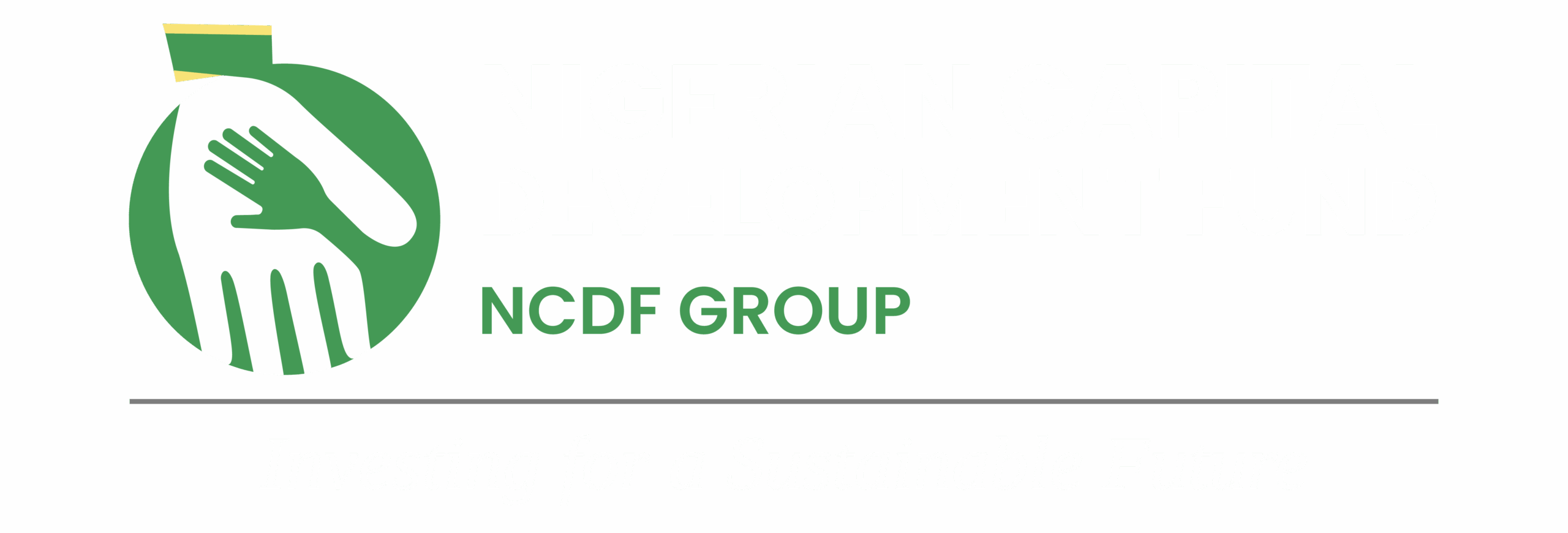This innovative project aims to empower communities in Nigeria to effectively adapt to the challenges posed by climate change while leveraging the potential of micro-finance. By utilising community-based micro-finance banks, we seek to drive sustainable development and build resilience at the grassroots level.
- Fortune Entrepreneur Accelerator 2025.
- Learn More



